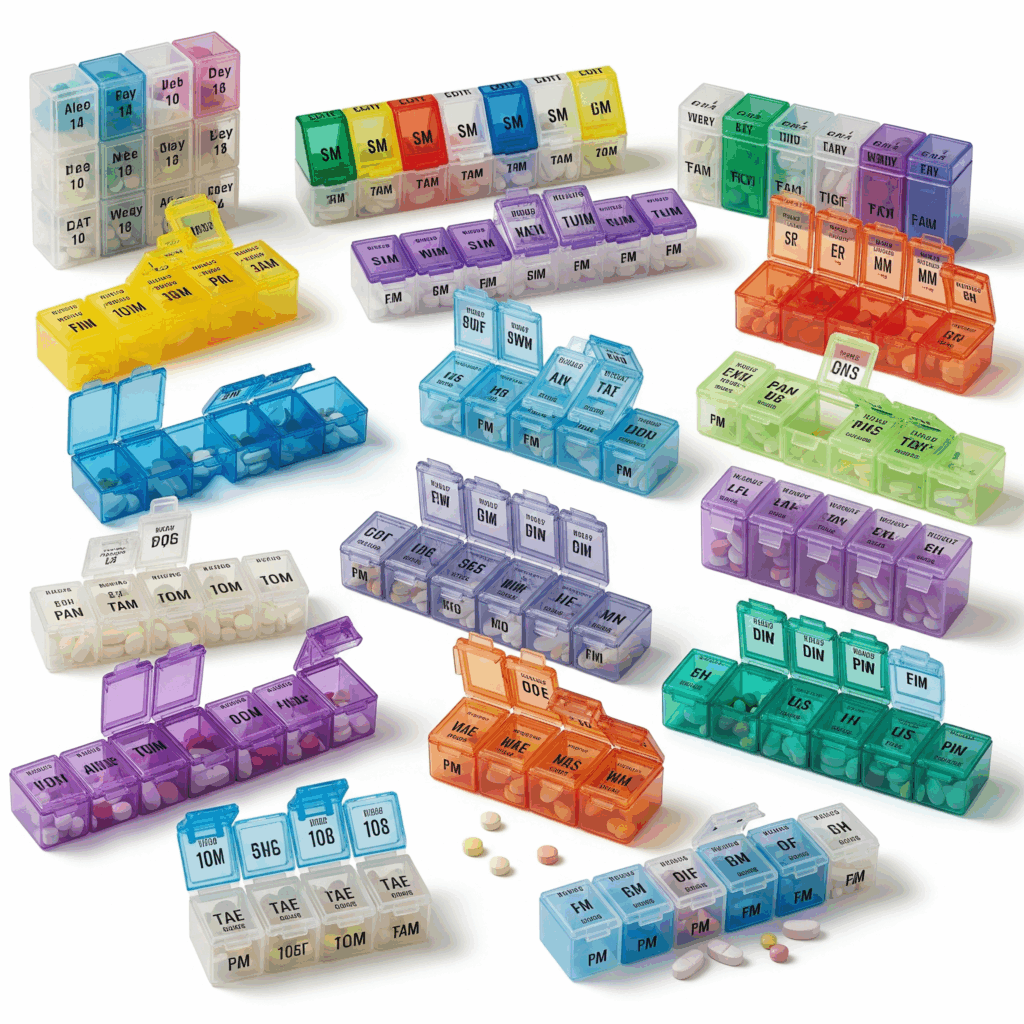The Importance of Medication Adherence
Taking medications as prescribed is fundamental to achieving the desired health outcomes. Non-adherence can lead to treatment failure, disease progression, increased healthcare costs, and a diminished quality of life. Studies consistently show that a significant portion of patients do not adhere to their medication regimens, highlighting the need for effective strategies to improve compliance.
Understanding the Challenges
Several factors contribute to medication non-adherence, including:
- Complexity of Regimen: Multiple medications, varying dosages, and different administration times can be overwhelming.
- Forgetfulness: Busy schedules and the daily grind can make it easy to miss doses.
- Side Effects: Unpleasant side effects can discourage patients from continuing their medication.
- Lack of Understanding: Patients may not fully grasp the purpose of their medication or the importance of consistent use.
- Cost: The financial burden of medications can lead some to skip doses or not fill prescriptions.
Strategies for Effective Medication Organization
Organizing your medications is the first step toward better adherence. A well-structured system reduces confusion and minimizes the chances of missed doses.
1. Pill Organizers: Your Best Friend
Pill organizers, often called pill boxes or dosettes, are invaluable tools. They come in various formats, from daily to weekly, and even monthly, with compartments for different times of the day (e.g., morning, noon, evening, bedtime).

Using a pill organizer allows you to:
- Pre-sort Doses: Prepare your medications for the entire week, reducing daily effort.
- Visual Reminder: A glance tells you if you’ve taken your dose for a specific time slot.
- Simplify Complex Regimens: Easily manage multiple medications with different schedules.
2. Create a Medication Schedule
Beyond a pill organizer, a written or digital medication schedule can be highly effective.
- Visual Chart: Create a chart listing each medication, its dosage, and the exact time it needs to be taken.
- Digital Reminders: Utilize smartphone apps or smart devices with medication reminder features. Many apps allow you to set custom alarms and track your intake.
- Integrate with Routine: Try to link medication times with daily activities, such as brushing your teeth or eating a meal. This helps establish a routine.

3. Keep Medications Accessible, Yet Safe
Store your medications in a consistent, easy-to-access location that is also safe from children and pets. Avoid storing medications in bathrooms, as humidity and temperature fluctuations can degrade them. A cool, dry place is ideal.
Enhancing Treatment Adherence
Organizing medications is only one piece of the puzzle. Several strategies can further boost your adherence.
1. Understand Your Medications
Take the time to learn about each medication you’re prescribed.
- Ask Your Doctor/Pharmacist: Don’t hesitate to ask questions about why you’re taking a particular medication, its potential side effects, and what to do if you miss a dose.
- Read Information Leaflets: Pharmaceutical companies provide detailed information with each prescription. Read these carefully.
- Understand Side Effects: Knowing what to expect can prevent you from prematurely stopping medication due to perceived adverse reactions. Discuss any concerns with your healthcare provider.
2. Communication with Your Healthcare Provider
Open and honest communication with your doctor or pharmacist is vital.
- Report Concerns: Inform them of any difficulties you’re having with your medication, including side effects, financial issues, or forgetfulness.
- Discuss Adherence Barriers: Your healthcare team can offer solutions or adjust your regimen to better suit your lifestyle.
- Review Regularly: Schedule regular medication reviews to ensure your current regimen is still appropriate and effective.

3. Involve Your Support System
Family and friends can play a crucial role in supporting your adherence.
- Share Your Schedule: Let trusted individuals know your medication schedule so they can offer gentle reminders.
- Designate a Helper: If you have a complex regimen or struggle with memory, a designated family member or caregiver can help manage your medications.
The Science Behind Adherence
Research consistently demonstrates that interventions focusing on education, simplification of regimens, and technological reminders significantly improve medication adherence. Behavioral economics principles, such as framing choices and providing timely feedback, also play a role in encouraging consistent medication-taking behavior. Ultimately, a multi-faceted approach, tailored to individual needs, is most effective.
Reference:https://www.ahajournals.org/doi/10.1161/CIRCULATIONAHA.108.768986

Leave a Reply